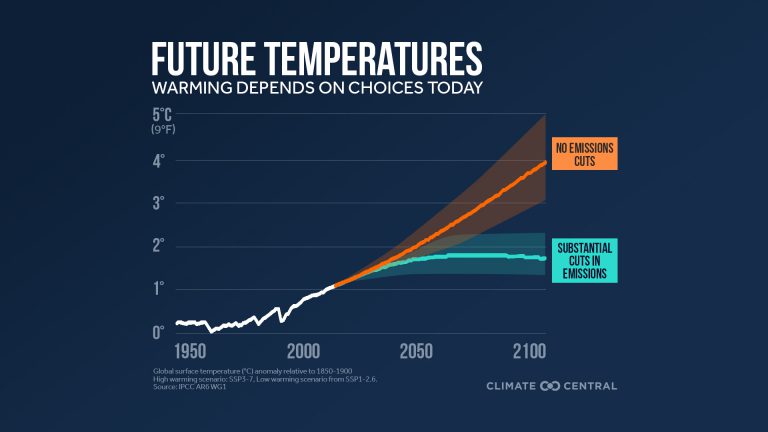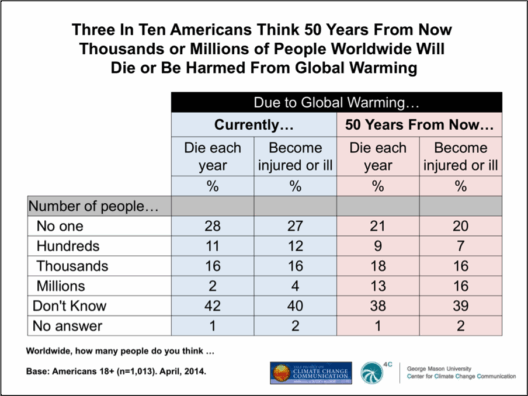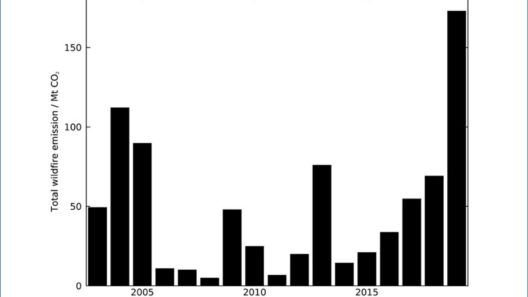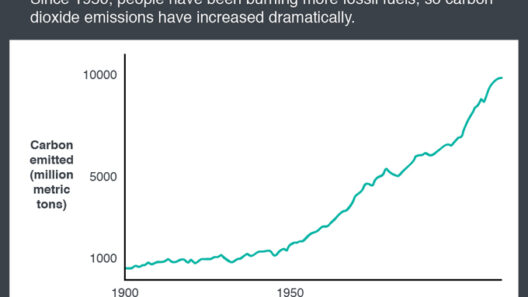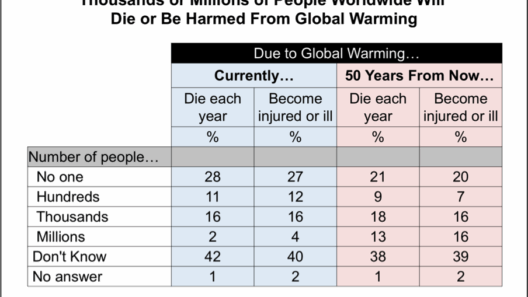Dear Editor,
In the grand narrative of human existence, there exists an undeniable protagonist: our environment. Today, I wish to draw attention to the exigency of global warming—an insidious adversary that threatens not just our present, but the very future of generations yet to come. As individuals bound by a shared planet, it is incumbent upon us to raise our voices and galvanize action against this pressing dilemma.
The science is unequivocal. The Intergovernmental Panel on Climate Change (IPCC) has presented a clarion call: climate change is not a distant specter but a present-day reality. The relentless rise in greenhouse gas emissions culminates in escalating global temperatures, precipitating a cascade of catastrophic events, from soaring sea levels to unpredictable weather patterns. Cities like Miami and New Orleans are bracing for the unrelenting encroachment of saltwater, while arid regions confront the relentless specter of drought. Only through a comprehensive understanding of these phenomena can we begin to mobilize for change.
As we contemplate the multifaceted consequences of global warming, we must consider not merely the ecological ramifications but the intricate social tapestry it affects. Marginalized communities—those historically disenfranchised—face disproportionately severe consequences as environmental devastation unfolds. Displacement from their homes, exacerbated health crises, and economic instability represent just a fraction of the toll inflicted upon these vulnerable populations. To ignore their plight is to perpetuate an egregious injustice that reverberates through the very fabric of our society.
Yet, despite the stark realities painted by climate science, apathy prevails. It is imperative that we catalyze a paradigm shift—a transformation in our collective consciousness regarding environmental stewardship. To truly grasp the onslaught of climate change demands a profound introspection, beckoning us to reconsider our values, lifestyles, and ultimately, our choices. We reside in an era where our quotidian decisions, from transportation methods to dietary choices, wield an astounding influence over environmental outcomes.
Consider the phenomenon of single-use plastics. These materials, heralded for their convenience, have infiltrated our ecosystems with alarming fervor. Marine life, entrapped in this tide of pollution, suffers excruciating consequences, with countless species teetering on the precipice of extinction. It is within our grasp to advocate for alternatives and engage in eco-friendly practices—be it utilizing reusable bags or supporting legislation aimed at diminishing plastic production. The adoption of sustainable habits can create a ripple effect that resonates far beyond the individual, ultimately galvanizing communities into action.
Voting is another powerful tool in our arsenal. Policymakers must be held accountable for their decisions, or lack thereof, regarding climate action. Our engagement in the democratic process should reflect our commitment to environmental integrity. By supporting candidates who prioritize climate policies and endorsing legislation that seeks to mitigate emissions, we can usher in a new wave of environmental responsibility. Engaging in advocacy—whether through community organizations or social media platforms—amplifies our voices and compels leaders to act decisively.
While the narrative may seem bleak, it is crucial to underscore the myriad of solutions at our disposal. Innovative technologies are reshaping our approach to energy consumption. The advent of renewable energy sources such as solar, wind, and hydroelectric power presents tantalizing prospects for curtailing our reliance on fossil fuels. Government incentives and community-based initiatives can catalyze a transition to cleaner energy grids, fostering sustainability. The notion of a circular economy—where waste is minimized, and resources are continually repurposed—emerges as an alluring alternative to our current linear paradigm of consumption.
Moreover, education plays a paramount role in our battle against ignorance. By fostering an informed populace through educational programs and awareness campaigns, we can cultivate a culture that values environmental sustainability. Children, the stewards of the future, must be equipped with the knowledge and tools to navigate the complexities of climate science and advocacy. Their passion and creativity have the potential to inspire meaningful change, elevating the discourse surrounding global warming to unprecedented heights.
Some may argue that individual actions appear diminutive in the face of a global crisis, yet history has shown that monumental shifts often stem from grassroots movements. Think of the civil rights movement—the culmination of collective voices demanding equity and justice. Similarly, the fight against global warming necessitates an unwavering resolve to unite and mobilize. As individuals, we possess the agency to incite change. It begins with a singular voice that resonates with conviction, ultimately merging into a symphony of collective action.
In conclusion, the time has come to speak up and act on global warming. Let us not merely bear witness to the unfolding crisis but engage meaningfully with the narrative. As stewards of this planet, we must recognize our capacity to reshape the future through informed choices, advocacy, and unwavering determination. The challenges may be daunting, yet together, we can forge a path toward a more sustainable world. The question remains, are we ready to embrace our role in this critical endeavor?
Sincerely,
Your Name


